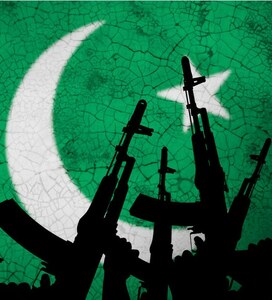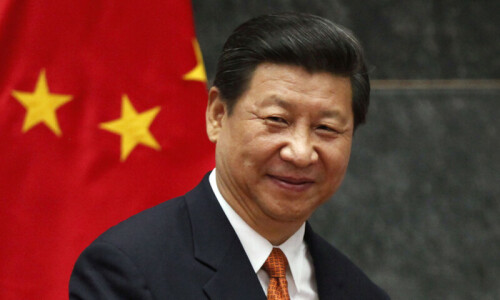CANCER remains a growing global challenge, posing a significant threat to humanity at large. It is the second leading cause of death globally. The global cancer burden is rising alarmingly, with an estimated 30 million cancer cases and 16 million cancer-related deaths every year.
Pakistan, already grappling with economic challenges, faces a growing cancer crisis. Eating habits play an imp-
ortant role in many types of cancer. It is seen that the oesophagus cancer is more common in some parts of Balochistan and Khyber Pakhtunkhwa (KP), where people prefer having hot food and drinks because of cold weather.
Furthermore, smoked meat is part of regular diet of people in KP and Baloc-histan, and that can cause stomach cancer. Prostate cancer is more common in those who consume too much dairy products.
Cancers of the mouth and throat are more common in Karachi among those who consume paan, gutka and betel nut, while smoking cigarettes and huqqa are associated with lung cancer. In Pakistan, smoking is one of the major causes of early lung cancer and death. In many low- and middle-income countries (LMICs), cancer treatment facilities are scarce.
However, cancer is often not covered by national healthcare systems, leaving patients with no choice, but to pay out of pocket, which many cannot afford.
Governments, healthcare providers, communities and individuals must work together to ensure that effective cancer care is accessible and affordable.
Noorsaba Jahan
Jamak
Published in Dawn, March 5th, 2025













































